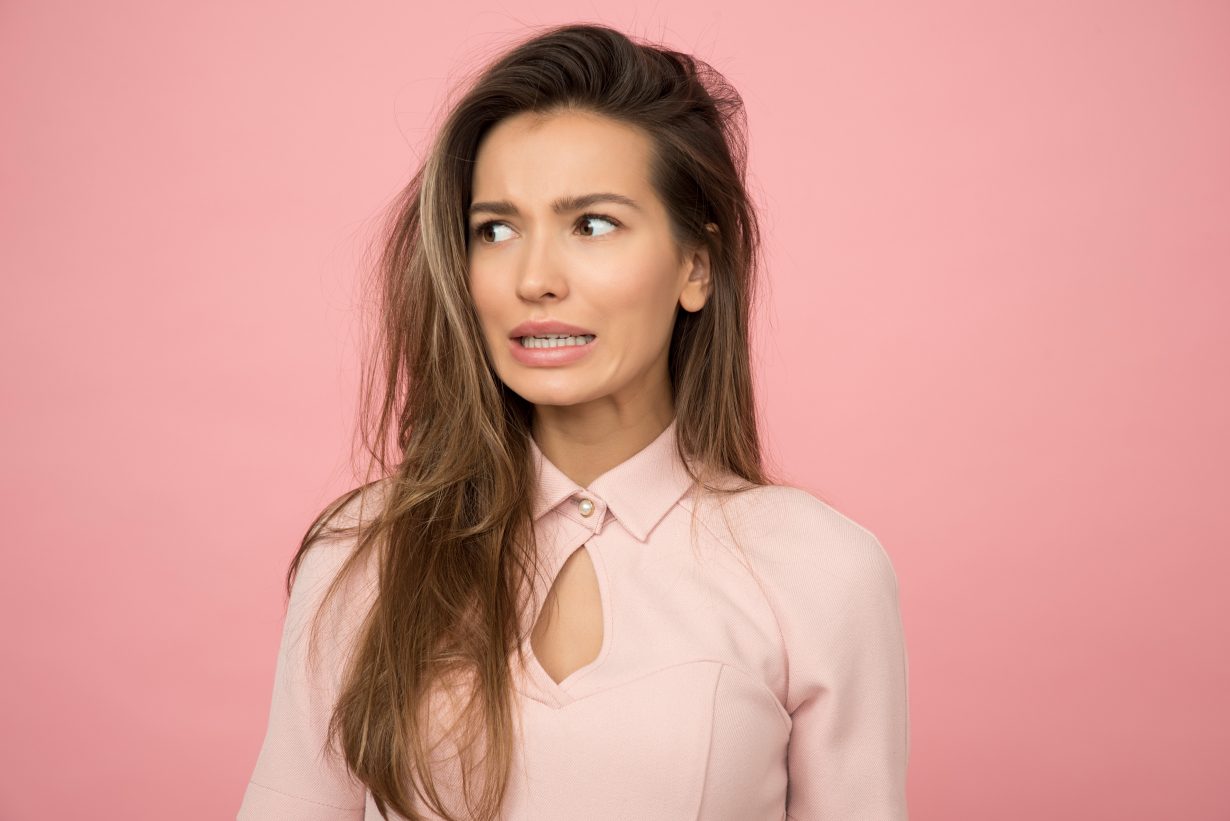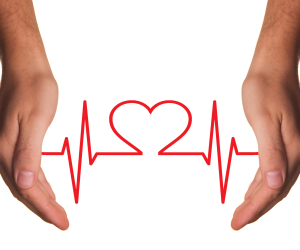
Thinning Hair? Conditions That Cause Hair Loss (Part 4)
Dr. Don Colbert – There are many reasons for hair loss. They range from nutrient deficiencies to excesses to medical conditions and more. The more you know about the cause of your hair loss, the better position you are in to improve it, if possible. There are actions and conditions that cause hair loss. If any of these describe your situation, talk to your doctor or healthcare professional to correct them.
Hair loss is an issue for many people. It can occur due to nutrient deficiencies, over-consumption of nutrients, and many conditions and actions. Today we’ll discuss 8 actions and conditions that cause hair loss.
When you think about it, we have a lot of hair to lose. On average, the human scalp has approximately 100,000 hair follicles (1), and most healthy adults lose about 100 strands each day. Each hair follicle on your head goes through a phase in its lifecycle. These phases include:
• Anagen phase: The growing phase of hair, 2-7 years.
• Catagen phase: A 2-week phase when hair follicles start to shrink.
• Telogen phase: A 3-month resting phase.
• Exogen phase: The phase when the follicle releases the hair and begins new growth.
Your hair can be affected by external and internal factors at any time during these phases. As these factors and phases come together, they sometimes cause damage and hair loss. Here are 8 actions and conditions that cause hair loss during their lifecycle.
7 Actions and Conditions That Cause Hair Loss
1. Vigorous Styling and Treatments
If you braid your hair tightly or pull it back in tight ponytails often, you may cause your hair to become damaged or fall out.
What’s more, chemical treatments like straighteners, dyes, heat-induced treatments, such as hot oils and other chemicals, can damage the hair shaft and root.
The term for hair-trauma from styling and products is called Trichorrhexis Nodosa (2).
According to the American Academy of Dermatology, it’s best to use conditioner after every shampoo, let your hair air dry loosely, limit contact time of heated straighteners and curling irons, and use only chemical treatments occasionally (3).
2. Depression and Stress
This one’s similar to which came first: the chicken or the egg.
In studies, researchers found those with active hair loss often report stress and depression. But, researchers also know hair loss can have psychological consequences, such as stress and depression.
For example, a meta-analysis of 17+ studies covering 6,010 patients with hair loss showed there was a positive relationship with anxiety and depression. But, while a link was established, the analysis could not claim cause and effect (4).
Anecdotally, many people do believe both physical and emotional stress can cause hair loss.
And unfortunately, many adults live stressful lives at a hectic pace.
If you believe you’re stress levels are affecting the health of your hair, it’s a good idea to do your best to reduce stress. Here are some steps you can take. Fortunately, stress-induced hair loss is typically temporary and doesn’t cause damage to the roots themselves.
3. Health Conditions
Unfortunately, there are some medical conditions that cause hair loss, either directly or indirectly.
Some impact thyroid or hormone levels and cause thinning hair. Others directly impact the hair follicle itself.
Medical conditions that may cause hair loss include (5):
• Hypothyroidism
• Hyperthyroidism
• Hodgkin’s disease
• Hypopituitarism
• Hashimoto disease
• Systemic lupus erythematosus
• Addison’s disease
• Celiac disease
• Lichen planus
• Ringworm
• Scleroderma
• Autoimmune disorders
• Trichorrhexis invaginata
4. Hormonal Changes During the Lifecycle
Throughout your life, your hormones will change. Both men and women see changes in hormones as they age.
Women also experience changes during pregnancy, breastfeeding, pre-menopause, and menopause. All of these time periods can influence hair health, growth, and thinning.
With menopause, hair thinning is caused by the reduced production of the hormones estrogen and progesterone.
5. Genetics
One condition that’s out of your control is your genetics.
Genetics is the most common cause of hair loss, and it typically appears as male-pattern and female-pattern baldness (6).
Typically, hair loss from genetics begins above both temples and recedes over time in men. In women, the hairline does not recede but becomes thinner all over the head.
6. Sudden Changes Physically or Emotionally
Another common cause of hair loss is called telogen effluvium (TE). This type occurs when there’s a change in the number of follicles that actively grow hair, and the number that is in a resting state (7)
TE can be caused by a “triggering event,” or an event that disrupts the hair lifecycle, from hormonal changes to a sudden condition that “shocks” the body (8).
For example, TE can be triggered by:
• Sudden weight loss
• High fever
• Serious infection
• Chronic illness
• Emotional stress
• Crash diets, lack of protein, eating disorders, and so on
Luckily, hair thinning from TE is temporary. But, like stress-induced hair loss, there is often a delay of up to 3 months making the cause of TE difficult to determine
7. Medications
Certain medications like retinoids, beta-blockers, calcium channel blockers, antidepressants, thyroid medications, and nonsteroidal anti-inflammatory drugs (NSAIDs) may also lead to hair loss, via TE.
Again, this type of hair loss is usually temporary and reversible. Once the medication is discontinued, hair usually grows back.
More On Hair Loss
This is the 4th and last installment in Dr. Colbert’s series on thinning hair and hair loss. Many of the causes of hair loss can be improved with stress reductions, lifestyle changes, and nutrient corrections. In addition, a better balance of hormones and thyroid support can help.
For more on the causes of hair loss and supplements that help, see:
Thinning Hair? Nutrient Deficiencies (Part 1)
Thinning Hair? Nutrient Excesses (Part 2)
Thinning Hair? Real Foods May Help Your Hair Grow (Part 3)
Hormone Zone for Hormone Balance
Thyroid Zone for Thyroid Balance
Bottom Line
There are many reasons for hair loss. They range from nutrient deficiencies to excesses to medical conditions and more. The more you know about the cause of your hair loss, the better position you are in to improve it, if possible. There are actions and conditions that cause hair loss. If any of these describe your situation, talk to your doctor or healthcare professional to correct them.
To read the original article click here.
For more articles by Dr. Colbert click here.






